5 ways to get healthier at work
By naturopath Margaret Jasinska
Like it or not, most of us spend the majority of our time at work. This means your working hours play a big role in your overall health. The foods you eat and the habits you have while at work can be the largest determinants of your weight, your stress level and your overall health.
The following tips may help you achieve your health goals:
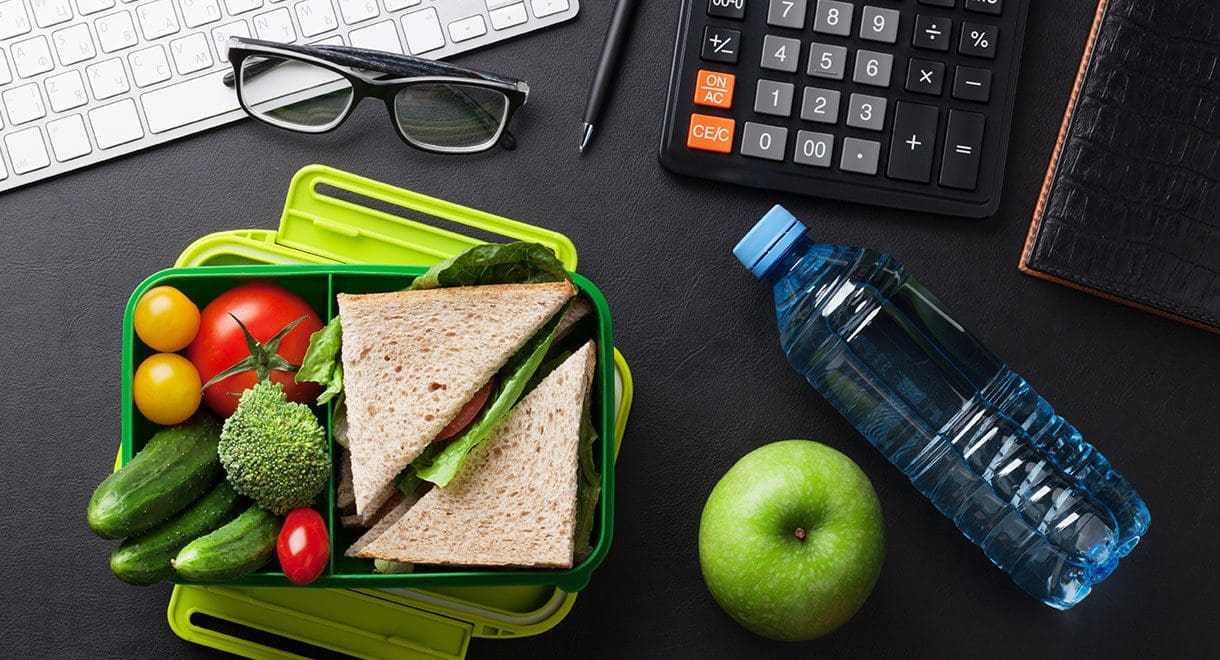
1. Pack your own lunch
Bringing lunch from home most of the time will definitely save you money. You’ll also know exactly what’s going into your food. The biggest problems with buying lunch from a café or restaurant are the oils used for cooking and dressings (typically cottonseed, canola, corn or other industrial seed oil), and sugar (in dressings and marinades). If you bring lunch from home, you’ll likely end up eating fewer calories and less fat and carbohydrates. Make sure your packed lunch is satisfying and satiating by including adequate protein (eg. seafood, eggs, poultry, meat, legumes, nuts, seeds) and natural fats (eg. olive oil, coconut oil, butter, duck fat). If you have overindulged recently, haven’t been eating well and need support for healthy detoxification, LivaTone Plus capsules may be just what you need.
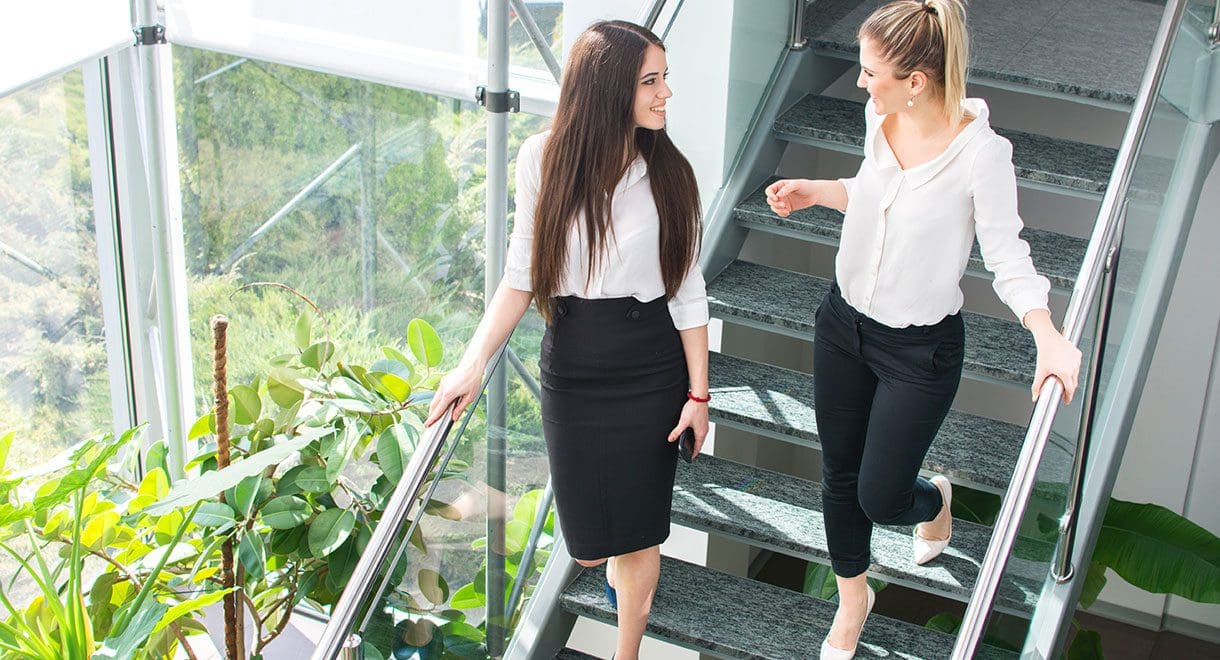
2. Get some regular movement
If you sit at a computer or telephone all day at work, it’s important to try and get some movement. Sitting all day can leave you feeling tired and sluggish. It’s also not ideal for good digestive function. If you have a long car trip or train trip to work, this can mean you’re sitting for most of the day. You are more likely to feel bloated and uncomfortable by the end of the day. Try to get up every hour and get some water, or make a cup of tea. If stairs are an option, try to take them at least some of the time. The Dr Cabot Ultimate Gut Health formula is a blend of gut nourishing ingredients including glutamine, slippery elm, pectin, aloe vera, chia seed meal and the probiotic Saccharomyces boulardii. It helps to heal a leaky gut, reduce bloating and discomfort and regulate bowel actions.

3. Stay away from the feeders
If you work in a large team, there can always be an occasion for cake and pastries to make their way into the office. It’s always someone’s birthday, Easter, Melbourne Cup or other celebration. You could almost be eating cake every week. Then there are those people who love baking and regularly bring their latest creation to work; whether it’s cake, a slice or muffins. They don’t want to keep an entire batch of cookies at home in case they eat them all, so they bring them to work. There’s nothing wrong with eating cake when you feel like it, but if you’re trying to lose weight or avoid sugar, situations like this can make it impossible. Have the cake when you really want it, but don’t feel like you must always take some to be polite.

4. Take time out to be calm and relaxed
Work is a significant source of stress for a lot of people. The pressure of getting the work done in time, plus various personalities you’re forced to work with can lead to chronic feelings of anxiety. You may be stuck in a situation you have no control over right now. One thing you do have control over is your breath. Try to pay more attention to your breathing during the course of the day. If you are regularly holding your breath or shallow breathing, this raises stress hormones in your body and can make you feel anxious and tense. People who feel chronically stressed during the day often come home and use eating as a relaxation technique. They find it hard to avoid eating junk food in the evening, and once they start they cannot stop. Getting some movement during the day and doing some stretches can help to relieve tension. Magnesium is a wonderfully calming mineral that we call The Great Relaxer because it really is.
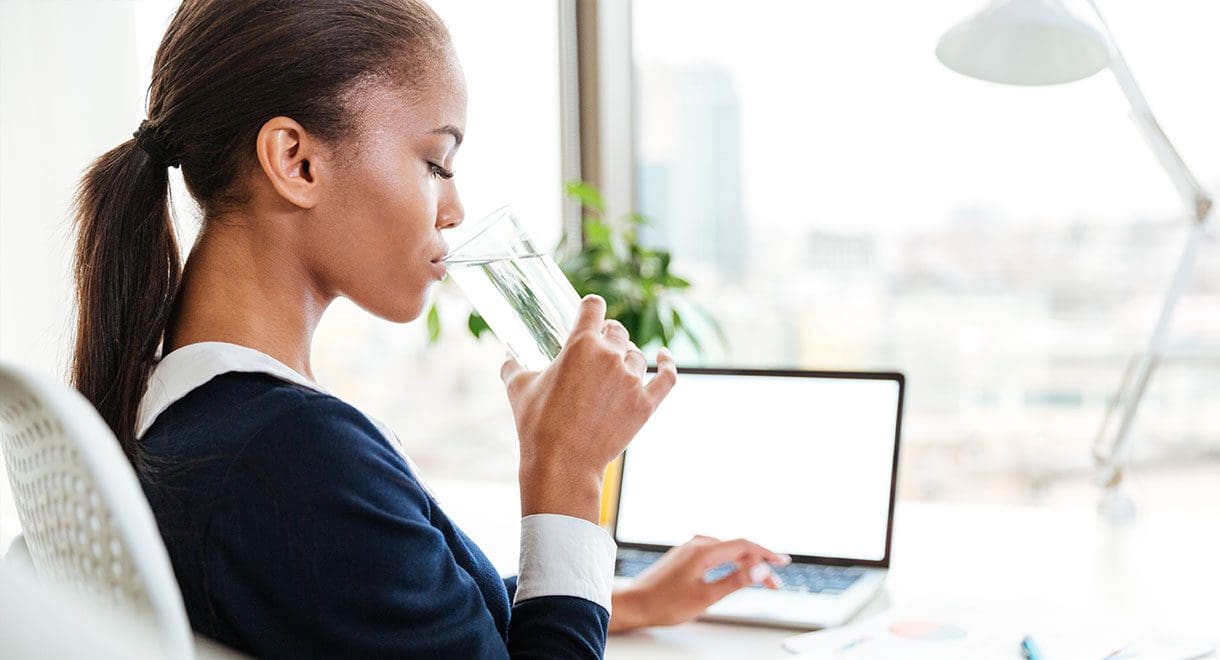
5. Don’t let yourself get dehydrated
It’s important to drink adequate fluids throughout the day. Many people feel tired and sleepy, with a foggy head in the afternoon. They reach for a snack to pick themselves up, when water is what their body really needed. It’s amazing how dehydration can lead to fatigue – both physical fatigue and mental fatigue. If you don’t want to drink plain water you could drink herbal tea, regular tea and coffee (ideally without cow’s milk or sugar). It’s also fine to drink sparkling mineral water, or water with added lemon or lime juice. Lemons and limes are acidic and can wear away tooth enamel, so it’s best to drink through a straw, to minimise contact with your teeth. Lemons and limes are also an excellent source of vitamin C, to help keep your immune system strong. Besides vitamin C, selenium, zinc, vitamin A and vitamin D are very important for helping to support immune function and reduce fatigue.






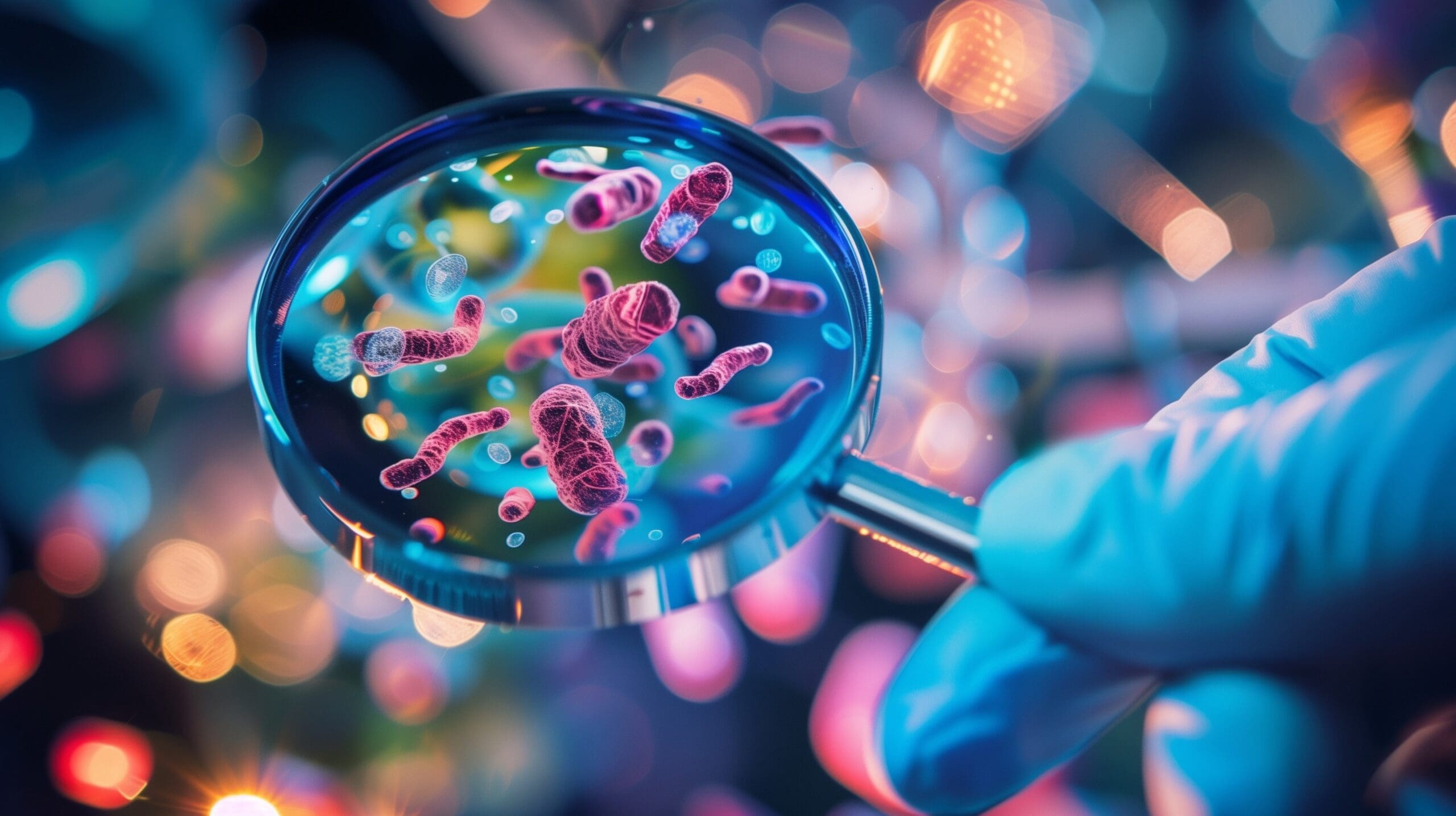
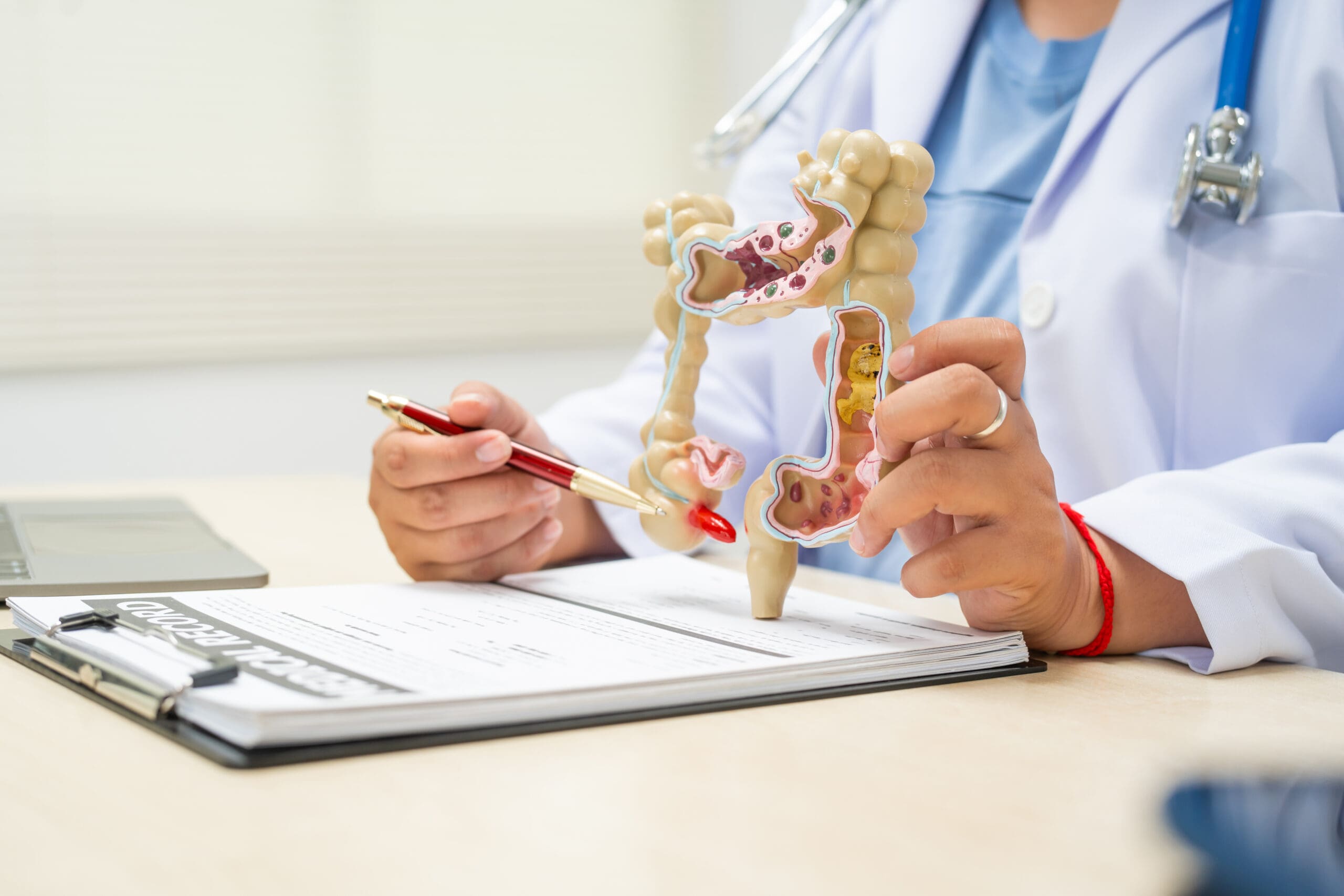
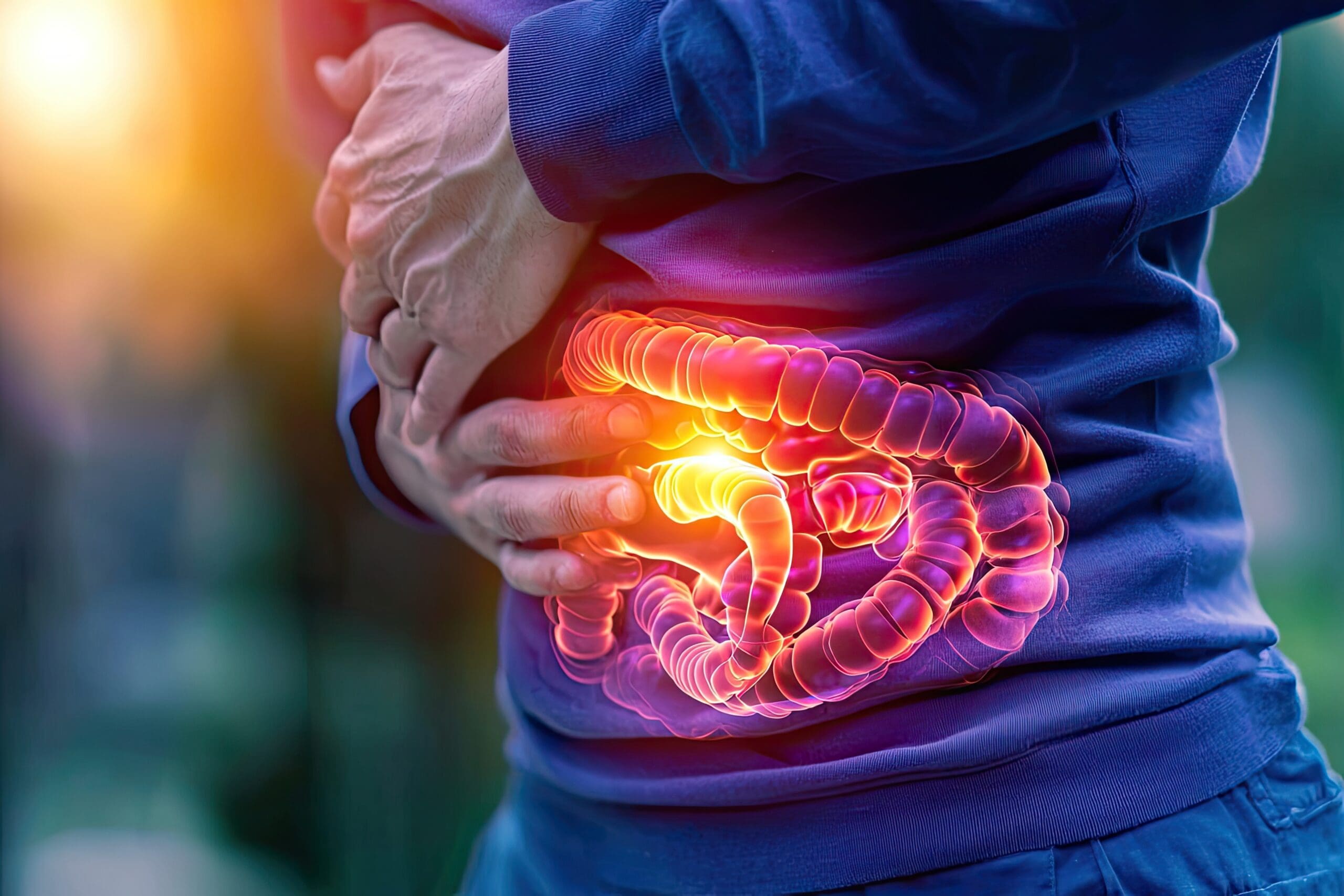
Leave A Comment